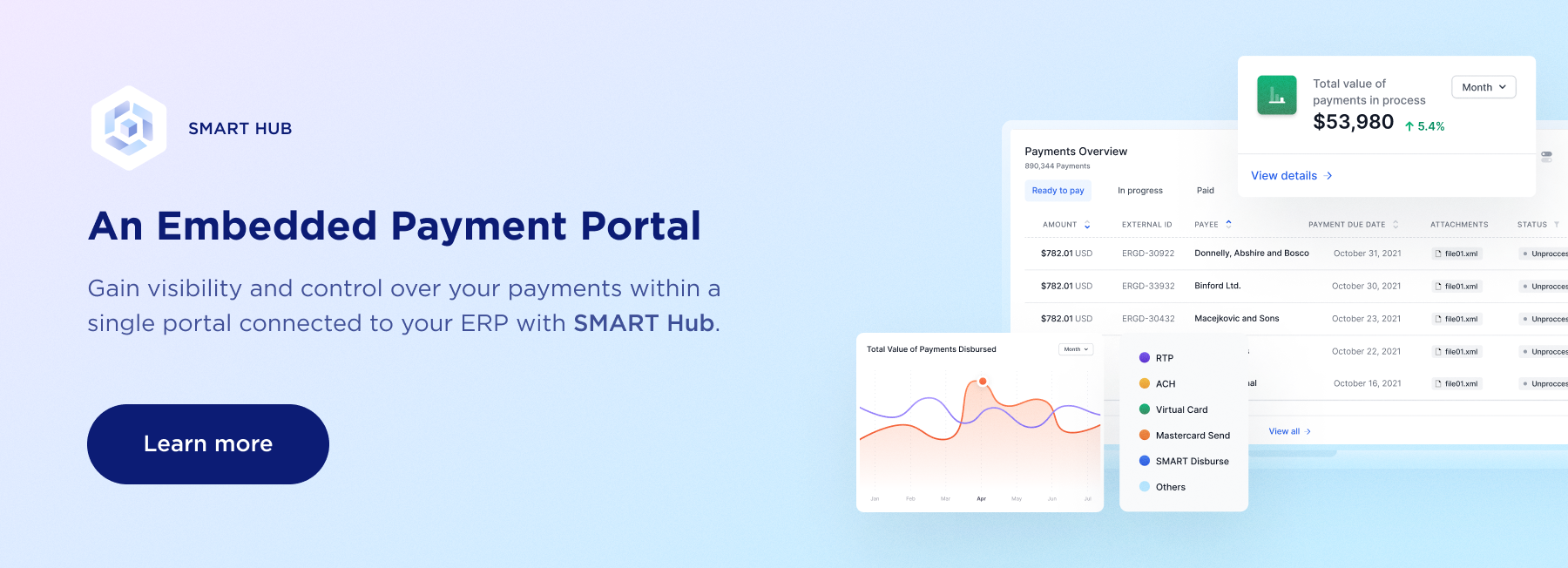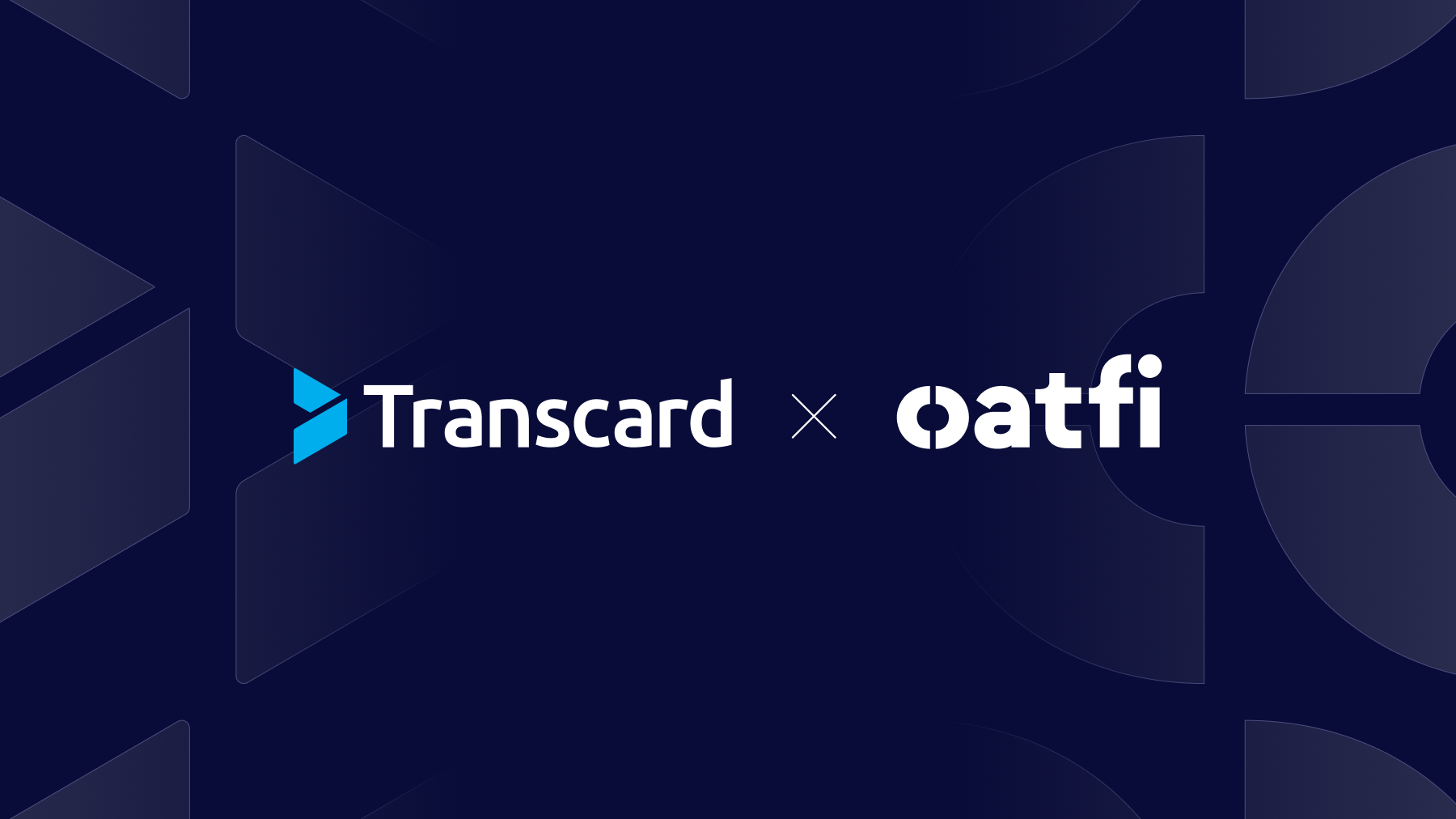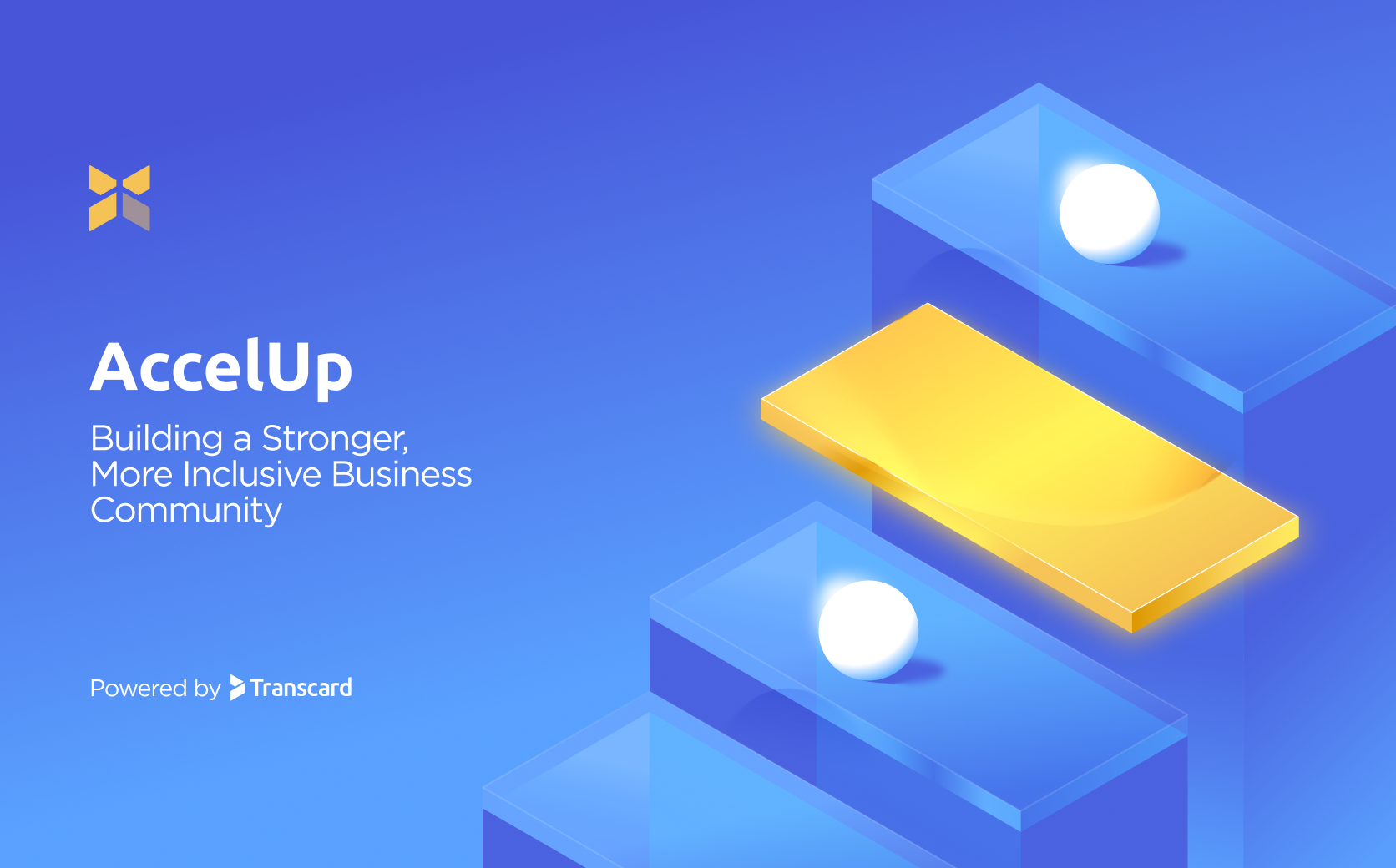Banking-as-a-Service (BaaS) is the newest digital twist in the world of business commerce.
Extending Banking Services Through Technology
BaaS leverages open Application Programming Interfaces (APIs) to make it easier for businesses to source the capabilities they need to build financial services and apps. With BaaS, businesses can pick and choose banking products such as savings accounts and debit cards to quickly build products and services. BaaS provides a platform for businesses to offer banking services of their own.
Businesses have quickly embraced BaaS to deepen customer relationships, generate new revenue streams, and get a leg up on competitors. To meet the growing demand from businesses, a growing number of banks and fintechs are providing API access to their financial services through BaaS.
Success in financial technology is about more than having banking capabilities in place, though. When it comes to building a financial services platform that is suitable for today’s hyperconnected global trade and commerce environment, businesses need a bank-grade platform built for them.
Many BaaS solutions were designed with consumers in mind, not businesses.
A Bank-grade Platform Built for Businesses
A bank-grade platform offers the capabilities businesses need: infinite scalability, speed-to-market, infrastructure cost efficiency, security, regulatory compliance, resiliency, and future proofing.
Infinite Scalability
The days of spending a lot of time and money to buy and configure a whole bunch of servers to support your business growth are over. A bank-grade payments platform provides businesses with access to the scalability they need when they need it.
Time-to-market
Agility is crucial in the fast-moving digital payments world. A competitor may be launching a financial service or app that becomes popular overnight. And operational disruptions might make it imperative to release a new product fast. By tapping into proven payments services, businesses are better prepared to respond to whatever the future holds. Bank-grade platforms offer capabilities for accounts, a sub-general ledger system, a pre-paid card solution hidden behind the scenes, an e-wallet account, and digital workflows.
Infrastructure Cost Efficiency
The APIs for bank-grade platforms make the development of services and apps as easy as possible and support all the platform’s functions and features. Open APIs also eliminate the need for onerous, costly, or hard-to-maintain customization.
Security
As cyberattacks grow in volume and sophistication, businesses that offer financial services and apps must find ways to stay ahead of threats. Bank-grade BaaS platforms help businesses protect critical assets and data. Like most BaaS solutions, a bank-grade platform complies with the Payment Card Industry Data Security Standard (PCI DSS) for safeguarding the cardholder data. But bank-grade platforms take things a step further by protecting data unrelated to card transactions.
Bank-grade BaaS platforms also incorporate dynamic spend controls that flag suspicious transactions, identification verification (Know Your Customer and Know Your Bank), fraud and chargeback management, business intelligence tools that help administrators keep tabs on things, audit logging, real-time reconciliation, and more.
Regulatory Compliance
One of the biggest constraints on developing financial services and apps has been banking regulations. For example, when savings accounts and debit cards become part of a service or app, banking oversight agencies must accept that customer data and the overall banking operations are safe. Jeopardizing compliance has always been a big concern of businesses.
One of the benefits inherent in a bank-grade BaaS platform is the ability to fulfill regulatory requirements more easily.
Because they are used directly by so many banks, bank-grade BaaS platforms must regularly pass the scrutiny of bank regulators. Conversely, some pre-paid card platforms in the BaaS space are not examined by regulators.
Resiliency
One lesson that businesses learned this year is that they must be ready if a disaster were to strike. The disaster recovery provided by most BaaS solution centers around the systems that do payments automation. But bank-grade BaaS platforms also help protect applications and data and recover them rapidly and reliably in the event of a disaster.
Future Proofing
One of the biggest appeals of BaaS has always been its adaptability. But many BaaS providers must integrate multiple systems to provide the functionality that businesses need. This increases overhead and the possibility of integration and support issues and makes it harder for businesses to address payment trends.
Bank-grade BaaS platforms have all the capabilities businesses need under one roof, particularly account and card services and Real-Time Payments (RTP). And bank-grade BaaS platforms are more likely to have a robust product roadmap for emerging technologies such as artificial intelligence (AI).
These capabilities address the core needs of businesses in today’s digital commerce environment.




